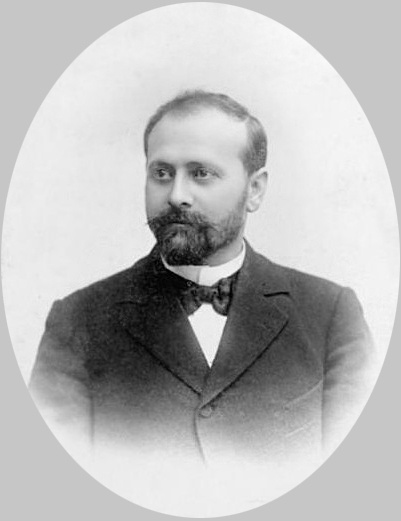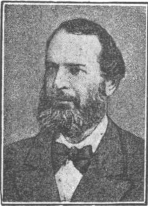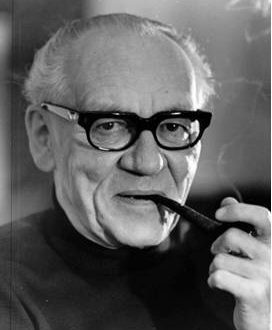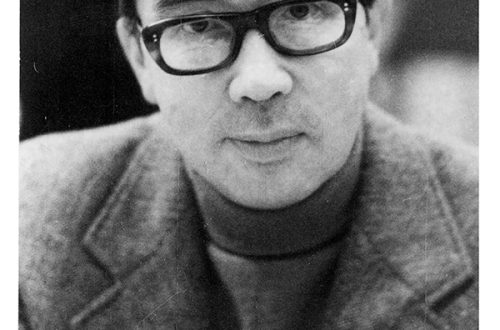
Meliton Antonovich Balanchivadze (Meliton Balanchivadze) |
Meliton Balanchivadze
M. Balanchivadze had a rare happiness – to lay the first stone in the foundation of Georgian artistic music and then proudly watch how this building grew and developed over the course of 50 years. D. Arakishvili
M. Balanchivadze entered the history of musical culture as one of the founders of the Georgian composer school. An active public figure, a bright and energetic propagandist of Georgian folk music, Balanchivadze devoted his whole life to the creation of national art.
The future composer had a good voice early on, and from childhood he began to sing in various choirs, first in Kutaisi, and then at the Tbilisi Theological Seminary, where he was appointed in 1877. However, a career in the spiritual field did not attract the young musician and already in 1880 He entered the singing troupe of the Tbilisi Opera House. During this period, Balanchivadze was already fascinated by Georgian musical folklore, with the aim of promoting it, he organized an ethnographic choir. Work in the choir was associated with arrangements of folk tunes, and required mastery of composer’s technique. In 1889, Balanchivadze entered the St. Petersburg Conservatory, where N. Rimsky-Korsakov (composition), V. Samus (singing), Y. Ioganson (harmony) became his teachers.
Life and study in St. Petersburg played a huge role in the formation of the creative image of the composer. Classes with Rimsky-Korsakov, friendship with A. Lyadov and N. Findeisen helped to establish his own creative position in the mind of the Georgian musician. It was based on the conviction of the need for an organic relationship between Georgian folk songs and the means of expression that crystallized in common European musical practice. In St. Petersburg, Balanchivadze continues to work on the opera Darejan Insidious (its fragments were performed as early as 1897 in Tbilisi). The opera is based on the poem “Tamara the Insidious” by the classic of Georgian literature A. Tsereteli. The composition of the opera was delayed, and she saw the light of the ramp only in 1926 at the Georgian Opera and Ballet Theater. The appearance of “Darejan insidious” was the birth of the Georgian national opera.
After the October Revolution, Balanchivadze lives and works in Georgia. Here, his abilities as an organizer of musical life, a public figure and a teacher were fully embodied. In 1918 he founded a music school in Kutaisi, and from 1921 he headed the music department of the People’s Commissariat of Education of Georgia. The composer’s work included new themes: choral arrangements of revolutionary songs, the cantata “Glory to ZAGES”. For the decade of literature and art of Georgia in Moscow (1936) a new edition of the opera Darejan the Insidious was made. The few works of Balanchivadze had a huge impact on the next generation of Georgian composers. The leading genres of his music are opera and romances. The best examples of the composer’s chamber-vocal lyrics are distinguished by the plasticity of the melody, in which one can feel the organic unity of the intonations of Georgian everyday songs and Russian classical romance (“When I look at you”, “I yearn for you forever”, “Don’t feel sorry for me”, a popular duet ” Spring, etc.).
A special place in the work of Balanchivadze is occupied by the lyric-epic opera Darejan the Insidious, which is distinguished by its bright melody, originality of recitatives, richness of melos, and interesting harmonic finds. The composer not only uses authentic Georgian folk songs, but in his melodies relies on the characteristic patterns of Georgian folklore; this gives the opera freshness and originality of musical colors. Sufficiently skillfully designed stage action contributes to the organic integrity of the performance, which has not lost its significance even today.
L. Rapatskaya





